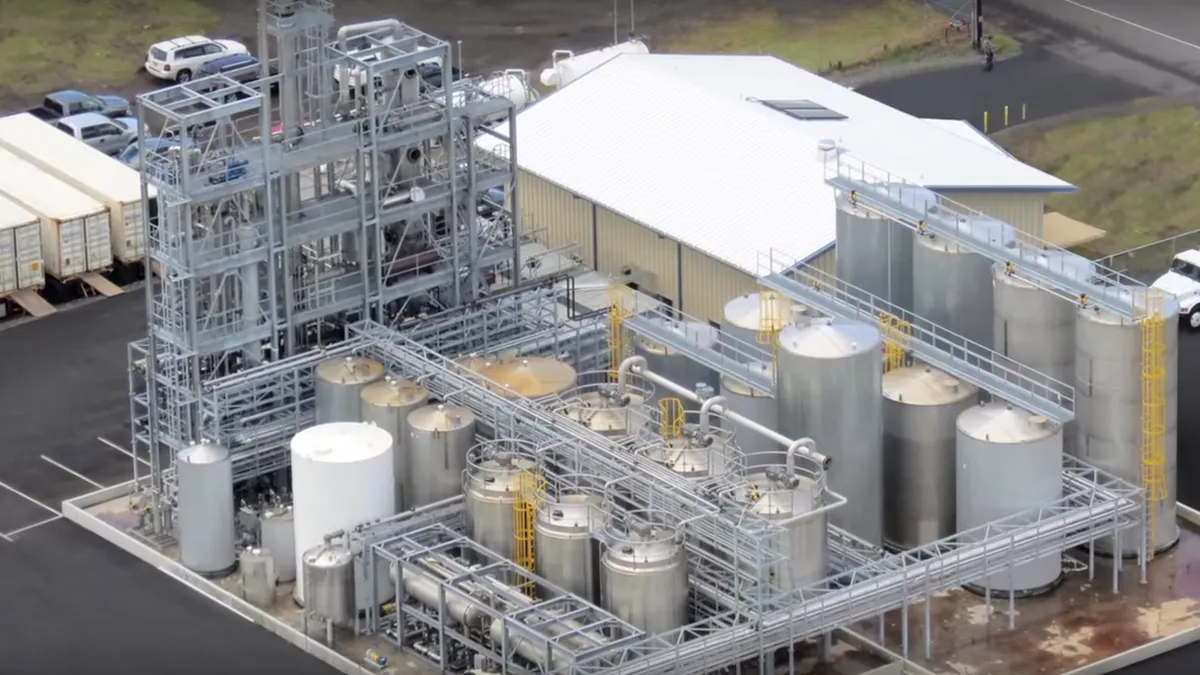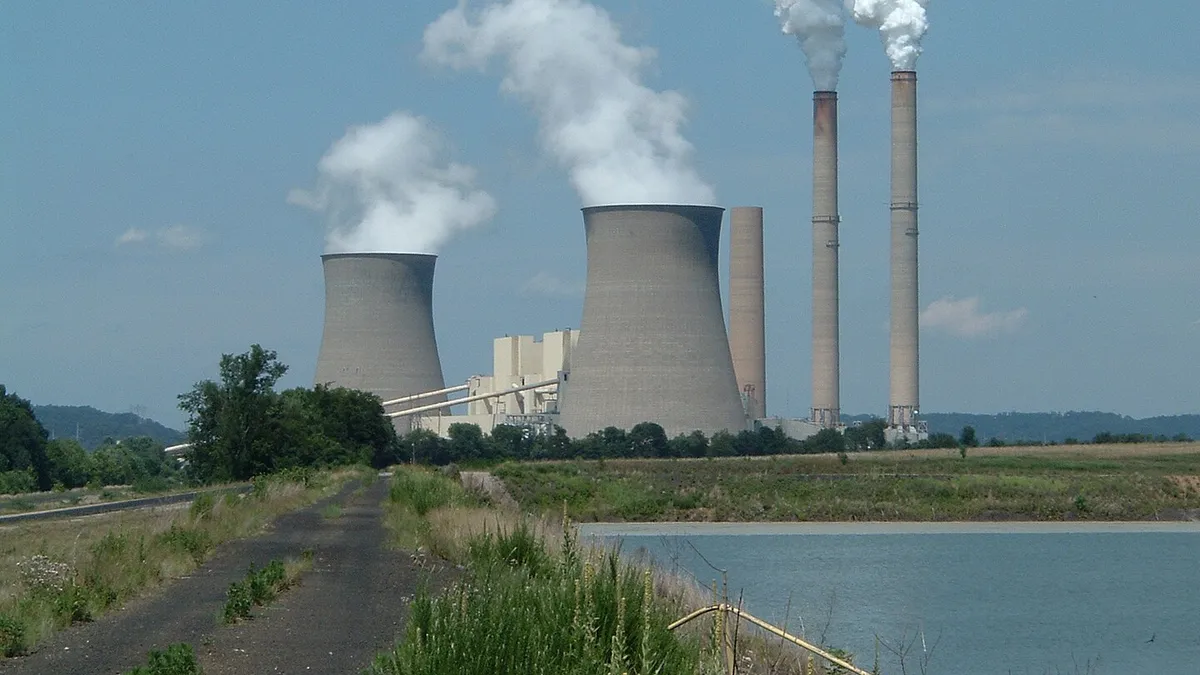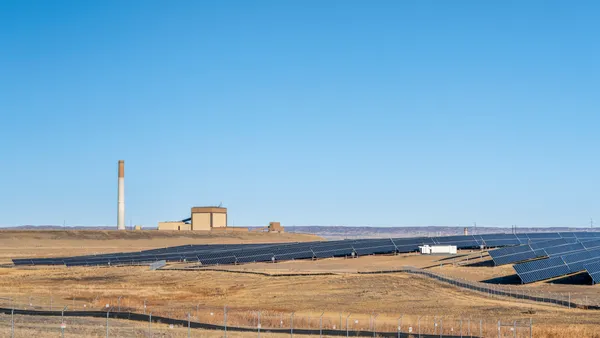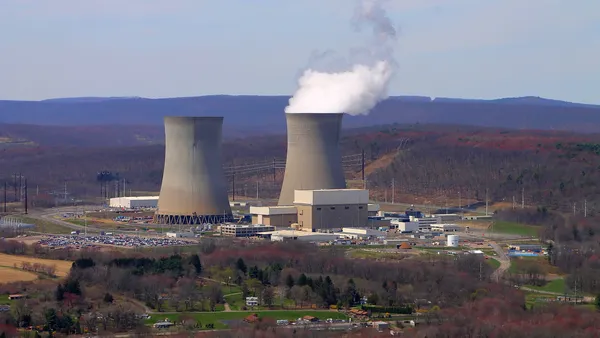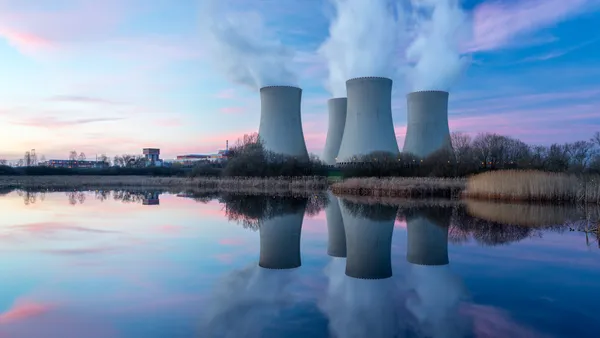Dive Brief:
- The Sustainable Biodiesel Alliance has certified Pacific Biodiesel and its Big Island Biodiesel plant for sustainable practices in both its production and distribution businesses.
- The facility is the first of its kind to be certified in the United States, and The New York Times reports the certification process is helping to answer persistent questions about just how green the biofuels industry really is.
- The Big Island Biodiesel plant produces 5.5 million gallons annually from a variety of local waste sources including cooking oil and macadamia nuts. Hawaiian Electric plans
Dive Insight:
Biodiesel can be made from a wide range of feedstocks, making it versatile but also complicating the question how just how clean the fuel really is.
“There are lots of different ways of making biodiesel — lots of different feedstocks — and some have been more sustainable than others,” Jeff Plowman, chairman of SBA's certification committee, told the The New York Times. “Much like the organic labeling or non-G.M.O. labeling, it gives consumers some information to make a choice."
Pacific Biodiesel uses local waste, including cooking oil, rather than feedstocks grown specifically for the process. SBA's certification contains two parts: Big Island Biodiesel earned “Gold Certified” status as a producer, scoring of 78 of 100; and Pacific Biodiesel/Big Island Biodiesel earned “Platinum Certified” status as a distributor, with a score of 92 of 100.
Certification included an audit performed by independent third party auditor, Carolina Management System Services. Chris Garth, who completed the audit, said the biodiesel coming out of the Big Island plant "is made efficiently, yielding high quality fuel," and the company has developed "an organizational culture that scores very high – and drives continual improvement – in quality, environmental, health, safety and sustainability metrics.”
The audit considered a range of areas, including air emissions, water consumption savings, energy consumption, purchasing policies and community benefits. The review also considers if the facility is consistently working towards zero-waste production.
The sustainable sourcing, manufacturing and use of renewable fuel sources like biodiesel is critical for Hawaii, which has a 100% renewable energy mandate it must meet by 2045. In its most recent power supply plan, the Hawaiian Electric Company estimated that biofuels will make up more than a quarter of its generation supply by that time, though that number could increase if advances in biofuel production lowers prices.



